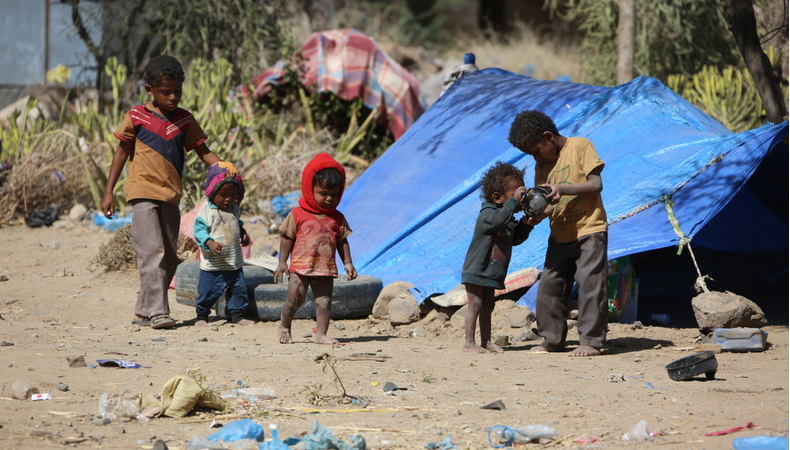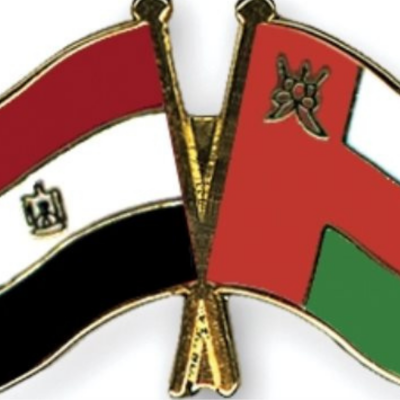Syria, Libya and Yemen: Even the pandemic asks us to worry about children who do not know the smell of peace

In Syria, Libya, and Yemen, millions of children are born and raised in war and don’t even know the smell of peace. While the world is committed to fighting the coronavirus, in these countries, entire families and villages do not have access to drinking water, food, and necessities. “They ask why we fight, they call us mercenaries, but we were born into war.
The war started in Syria when I was twelve. I spent half of my life-fighting.” A Syrian fighter in the Turkish army told The Arab Posts, a few weeks ago from Tripoli, in Libya. “Most of our kids do not know what means going to school. They do not have the right even to eat. The coronavirus is the minor problem for them”. Hussain, a Syrian volunteer in Idlib province, is committed to assisting minors in refugee camps between Syria and Turkey. “Two days ago, a tent caught fire. Two little girls died, while sleeping, the flames trapped them,” the volunteer added.
Link here : The death of two young girls
The heart-breaking news comes just days after another child in the same camp died of starvation and cold. There are thousands of Syrian refugees fleeing the conflict which, due to the intervention of Russia and Turkey, shows no sign of ending. Recently the United States, to hit the Bashar al-Assad regime, imposed new sanctions on Syria, already exhausted by the prolonged conflict. These sanctions do not affect the regime but it is drastically worsening life in those areas still out of its control. Turkey supports terrorism. That is clear to everyone, but on the other hand, Bashar al-Assad is responsible for horrendous crimes against civilians and Russia supports him with planes, vehicles, men, and money. Europe cannot turn around and pretend not to see, not to hear the cry of Syrian children.
Children in Libya, including refugees and migrants, continue to suffer severely amid the violence and chaos unleashed by the country’s long civil war that broke out in 2011. Since April 2019, when hostilities broke out in Tripoli and western Libya, conditions for thousands of children and civilians have further deteriorated. Indiscriminate attacks in populated areas have caused hundreds of deaths. There have been children killed or maimed. The minors were also recruited to carry military operations by the Tripoli-based GNA militias first, and then by the Turkish government. Over 150,000 people, 90,000 of them children, were forced to flee their homes and are still internally displaced today.
Acute malnutrition rates among children under five are the highest ever recorded, in some areas of Yemen, with over 500,000 cases in the southern districts: the latest analysis of the Integrated Classification of Food Safety Phases (IPC), published by FAO, UNICEF, WFP highlights. The study covering 133 districts in southern Yemen, home to 1.4 million children under the age of five – reveals an almost 10% increase in acute malnutrition cases in 2020.
Read more | Yemen: The United States to classify the Houthi militia as a terrorist group
The worst increase is recorded in young children cases suffering from severe acute malnutrition, with a growth of 15.5% last year.It is the worst humanitarian crisis in the world. About 80 percent of the population – over 24 million people – needs some form of humanitarian assistance and protection. As of mid-October 2020, only $ 1.43 billion was received, out of the $ 3.2 billion demanded by the UN. The UN World Food Program, awarded the 2020 Nobel Peace Prize, is committed to saving lives in emergencies. “We have been warning since July that Yemen is on the verge of a catastrophic food security crisis. If the war is not ended now, we will approach an irreversible situation and risk losing an entire generation of Yemeni children,” Lise Grande, humanitarian coordinator for Yemen, said.
War and economic crisis aggravate those scenarios. A dangerous combination of factors, conflict and economic decline, exacerbates the children’s plight in Libya, Syria, and Yemen. UN experts warn of the severe impact of the COVID-19 pandemic in those war-ravaged countries.It is our responsibility to take care that these children have food. Let these children receive medical attention. The UN Convention on the Rights of the Child of Nov. 20, 1989, in Article 38, paragraphs 1 and 2 provides that States parties undertake to respect and enforce the rules of international humanitarian law applicable to them in the event of armed conflict.
The same Convention, in article 38, paragraph 3 provides that by their obligation under international humanitarian law to protect the civilian population in the event of armed conflict, States parties should take every practical measure possible so that children involved in an armed conflict can benefit from care and protection.All this cannot remain words on paper. Not only are our consciences asking us to end the wars, but the current health emergency also requires us to do more for these children if we want to emerge from the pandemic improved and not defeated.




